
OR
Will coronavirus bring common purpose to a faltering SAARC?
Published On: March 14, 2020 07:14 AM NPT By: Kosh Raj Koirala | @KoshRKoirala

KATHMANDU, March 14: The South Asian Association of Regional Cooperation (SAARC) – a regional body of eight South Asian nations – is virtually put at a standstill. It has not been able to host its regular summit meetings since Nepal hosted the 18th Summit in Kathmandu in 2014. All SAARC meetings have become irregular and no substantive decisions on issues related to regional cooperation have been taken at SAARC forums since a long time.
The reason: India’s aversion to taking part in any SAARC meetings including the Summit itself that is hosted or participated in by Pakistan. India alleges Pakistani support for cross-border terrorism – something Islamabad denies outright. Some senior Indian diplomats have said in public in the recent past that ‘SAARC has outlived its utility’ or that ‘SAARC is already dead’.
But with the proposal of Indian Prime Minister Narendra Modi for the leadership of SAARC nations to chalk out a strong strategy to fight the coronavirus, there are high hopes in Nepal that this regional forum could be imparted new life. In its capacity as a founding member and current chair of the regional body, Nepal has made unsuccessful attempts in the past few years to impart momentum to the stalled SAARC process.
Soon after the Indian prime minister in a tweet proposed that the SAARC leadership chalk out a strategy through video conferencing to keep the citizens of SAARC nations safe, top leaders of all SAARC countries except Pakistan have come out in support as of Friday evening.
In response to Modi’s call, Prime Minister KP Oli said he welcomes the idea of chalking out a strong strategy for the leaders of SAARC nations to fight the coronavirus. “My government is ready to work closely with SAARC member states to protect our citizens from this deadly disease,” he wrote.
Sri Lankan President Gotabaya Rajapaksha, Bangladeshi Prime Minister Sheikh Hasina, Maldivian President Ibrahim Mohamed Solih, Afghanistan’s President Ashraf Ghani and Bhutanese Prime Minister Lotay Tshering quickly welcomed the proposal advanced by Prime Minister Modi.
“This is what we call leadership. As members of this region, we must come together in such times. Smaller economies are hit harder, so we must coordinate. With your leadership, I have no doubt we will see immediate and impactful outcome. Looking forward to the video conference,” the Butanese prime minister went on to tweet.
The SAARC Secretariat in Kathmandu also took to twitter to welcome ‘the timely proposal’ of Prime Minister Modi and the support of other SAARC leaders, while pledging to work with all member states toward a strong strategy to fight the coronavirus in the SAARC region.
Although Pakistan, which otherwise showed keen interest in advancing the SAARC process by hosting the 19th SAARC Summit in Islamabad back in 2016 – is yet to respond to Modi’s call, the positive response shown by other SAARC member states shows that the regional body has not outlived its utility.
Foreign policy experts in Kathmandu say this marks a meaningful development with regard to India’s approach to SAARC. Modi, during his swearing-in ceremony as prime minister for the second time last year, had chosen to invite BIMSTEC leaders, unlike SAARC leaders during his previous swearing in ceremony. There was speculation since then that India is throwing its weight behind BIMSTEC rather than SAARC.
Former ambassador Dinesh Bhattarai, who also served as foreign relations advisor to then prime ministers Sushil Koirala and Sher Bahadur Deuba, said this is a good opportunity for Nepal in its capacity as the chair of the regional body to take necessary initiatives to resume the SAARC process. “The fact that Prime Minister Modi himself is making this proposal shows that there has been some realization among the Indian leadership and diplomats that SAARC is an important forum to fight against collective threats,” said Bhattarai. “This is quite encouraging.”
Bhattarai maintained that SAARC is an appropriate forum for addressing the collective challenges facing the region. “SAARC is a reality. You cannot change geography. SAARC has to come back to life sooner than later if we are to live in peace and harmony and ensure the well-being of people in this region,” he added.
Although they have taken a slew of measures against the cononavirus , all SAARC nations struggle hard to contain its spread. While India has seen one death and 81 confirmed cases of coronavirus so far, Pakistan, Maldives and Afghanistan have so far recorded 21, 8 and 7 confirmed cases respectively. Similarly, Bangladesh has 3 confirmed cases of coronavirus, Sri Lanka 2 and Nepal and Bangladesh 1 case each so far.
Former foreign ministry secretary Madhu Raman Acharya said the coronavirus pandemic has reminded us once again of the utility of regional cooperation among SAARC countries. “Among other things, the SAARC leaders can agree to activate a ‘rapid response mechanism,’ set up mechanisms for exchange of information, designating nodal agencies and set aside at least some of the unused funds with SAARC ($50 million) to start fighting the pandemic regionally,” he said.
Whether Modi’s call will help give momentum to a SAARC that has been rendered almost defunct is yet to be seen. But the desire and willingness of SAARC nations to join hands to wage a collective fight against the deadly coronavirus is likely to unite an otherwise divided regional grouping as never before.
You May Like This
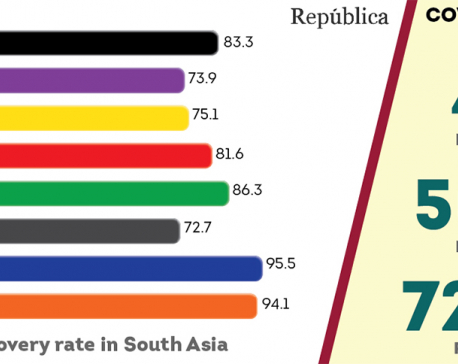
Nepal’s COVID-19 recovery rate is the lowest among SAARC countries
COVID-19 recovery tally goes past 50,000 ... Read More...
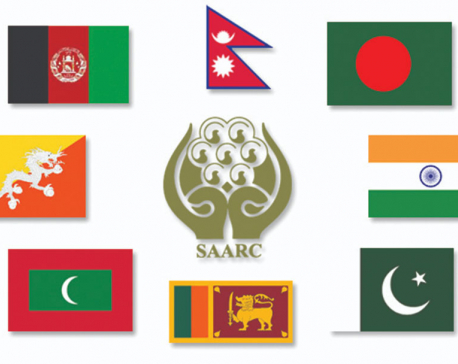
Together we win
Leaders from South Asia came together on Sunday with a resolve to wage a collective fight against the coronavirus that... Read More...
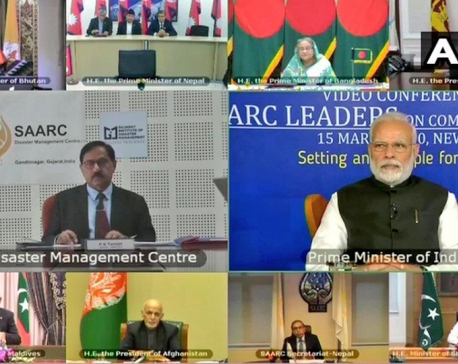
Video conference among SAARC leaders held to chalk out common strategy against COVID-19
KATHMANDU, March 15: A video conference among the leaders of South Asian Association for Regional Cooperation (SAARC) on tackling the... Read More...



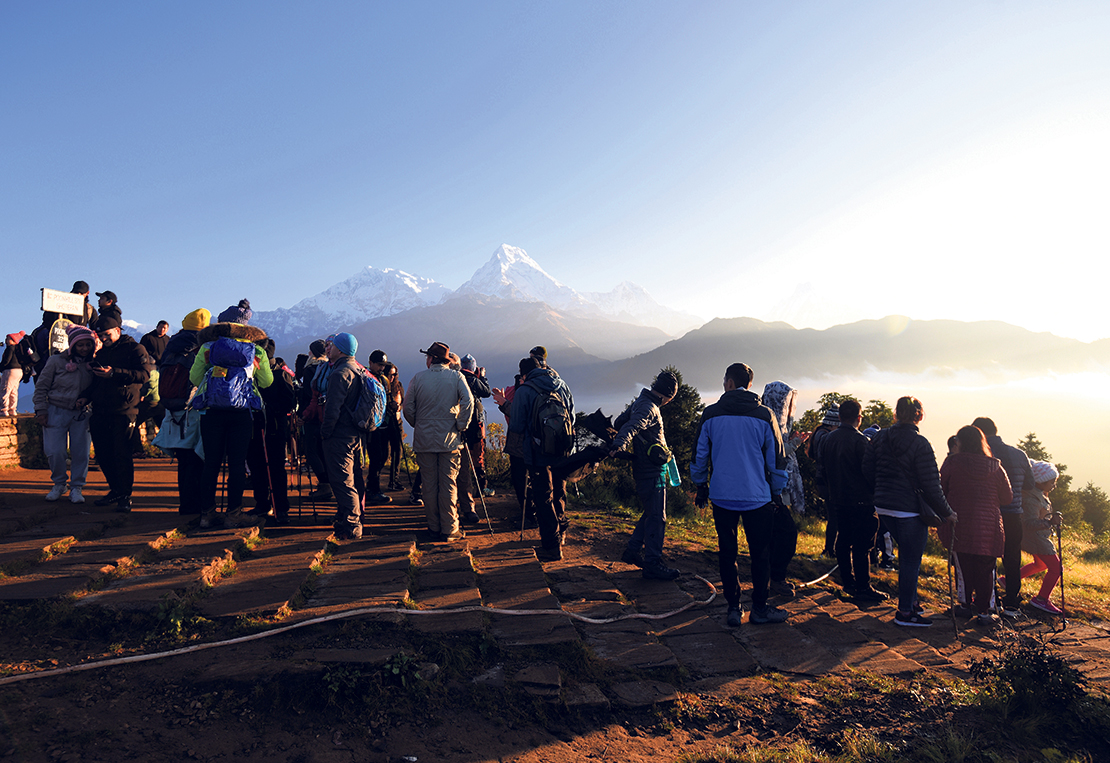

Just In
- Power supply to be affected in parts of Kathmandu Valley today as NEA expedites repair works
- Godepani welcomes over 31,000 foreign tourists in a year
- Private sector leads hydropower generation over government
- Weather expected to be mainly fair in most parts of the country today
- 120 snow leopards found in Dolpa, survey result reveals
- India funds a school building construction in Darchula
- Exploring opportunities and Challenges of Increasing Online Transactions in Nepal
- Lack of investment-friendly laws raises concerns as Investment Summit approaches







_20220508065243.jpg)


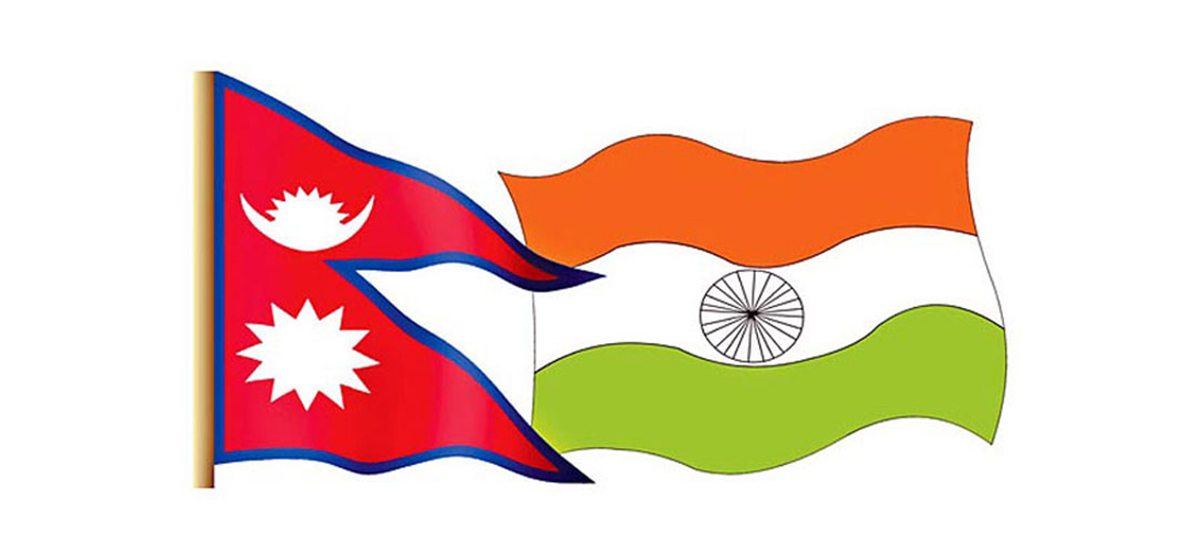

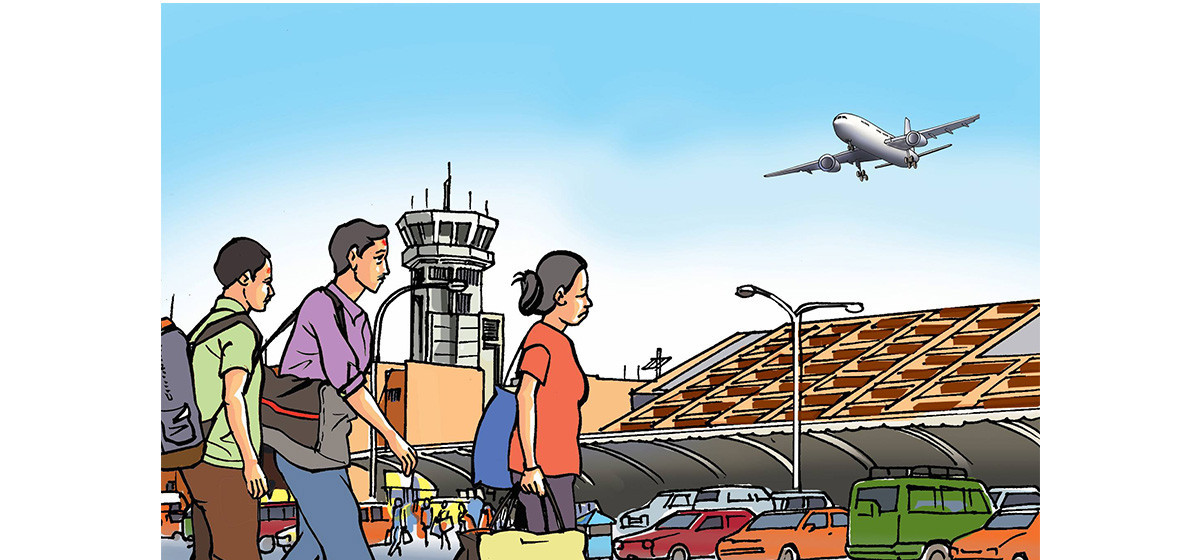
Leave A Comment